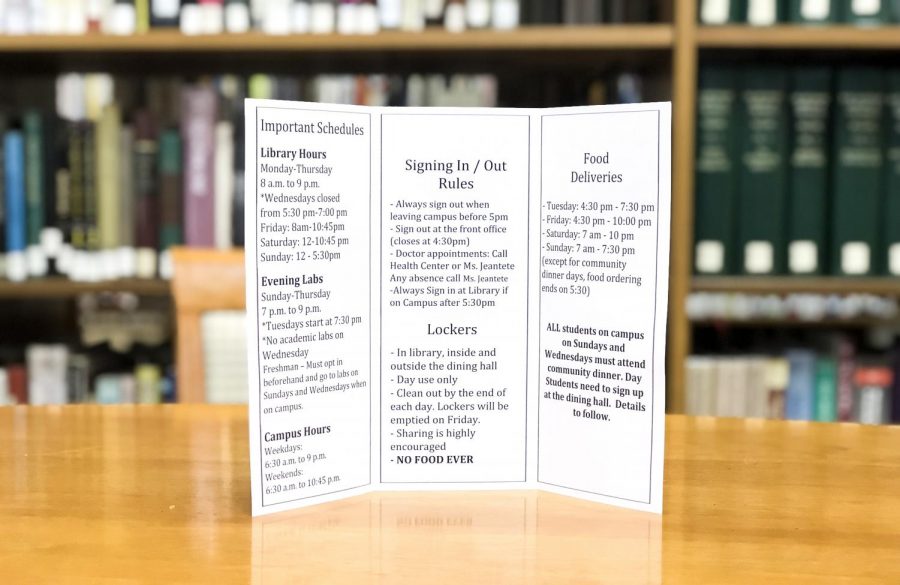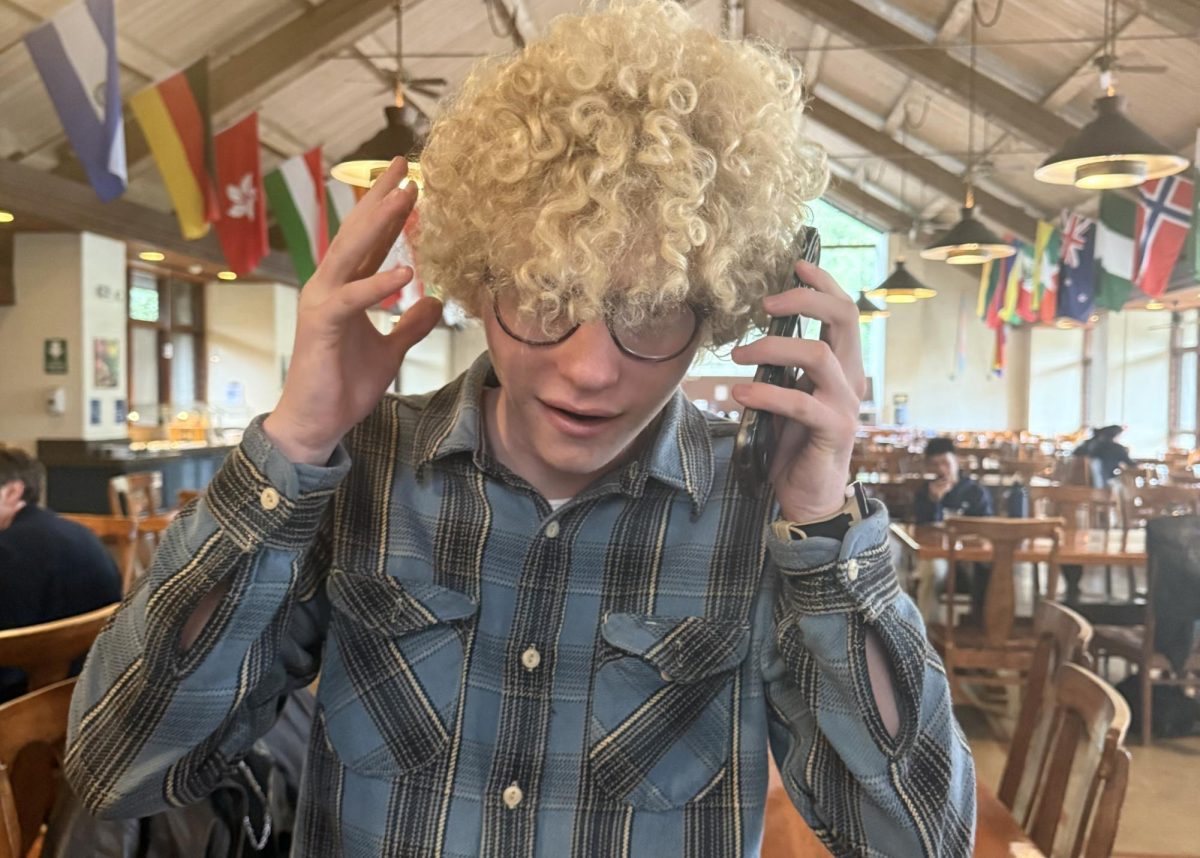As Webb finishes its first month of the new school year, students are still adjusting to several significant rule changes that can affect day-to-day life. Day student prefects began orientation by announcing new policies about parking, community dinners, and operating hours for the Fawcett Library.
Many of the changes relate to the renovation of the Hooper Student Center, which will be closed for the entire school year. Since Hooper provided storage for most day students’ personal items, Webb introduced day-use lockers in the library and dining hall. The lockers can be programmed with temporary combinations, allowing students to store backpacks and other items until the end of the school day. Besides the lockers, day students can also make use of the new Porter Service by the security shack, which helps to store large items.
Webb has also implemented new rules that will affect when day students leave campus on Wednesdays. If they do not attend community dinner then they must leave campus by 6 p.m. This change includes the removal of academic labs on Wednesdays to ensure day students have no commitments that could keep them on campus, although the library is open for an hour and a half after dinner. The dinner is mandatory for boarders but day students are more than welcome to attend.
Sarah Lantz, VWS Dean of Students, said, “We didn’t want a ‘us vs. them’ feeling for the day students who didn’t attend. The whole point of community dinner is to bring the community together.”
Day student prefects and Cindy Jeantete, their advisor, are also placing an emphasis on regulating the Day Student Parking Lot and enforcing the necessary decal parking permits.
Finally, the prevalence of food delivery services like Postmates and DoorDash on campus has led the administration to limit food ordering to only Tuesday nights and weekends. Dean Lantz gave several major reasons for the change including the negative health effects of ordering five times a week and the benefits that follow with eating as a community. Because of the often high prices of ordering food, the administration hopes that limiting the frequency of eating out will reinforce feelings of equity and fairness among students who may not have been able to afford to order out as much.
Aliza Tyndale (‘21) said, “I just hope the students will understand the purpose of the changes and that there are good intentions behind them.”
After a month, the community seems to be adjusting to the changes without any problems. Some day students have started coming to community dinner and many students have adjusted to the new ordering system. In the end, the deans believe the rule changes will ensure a safer and more unified community, which will benefit everyone.
















